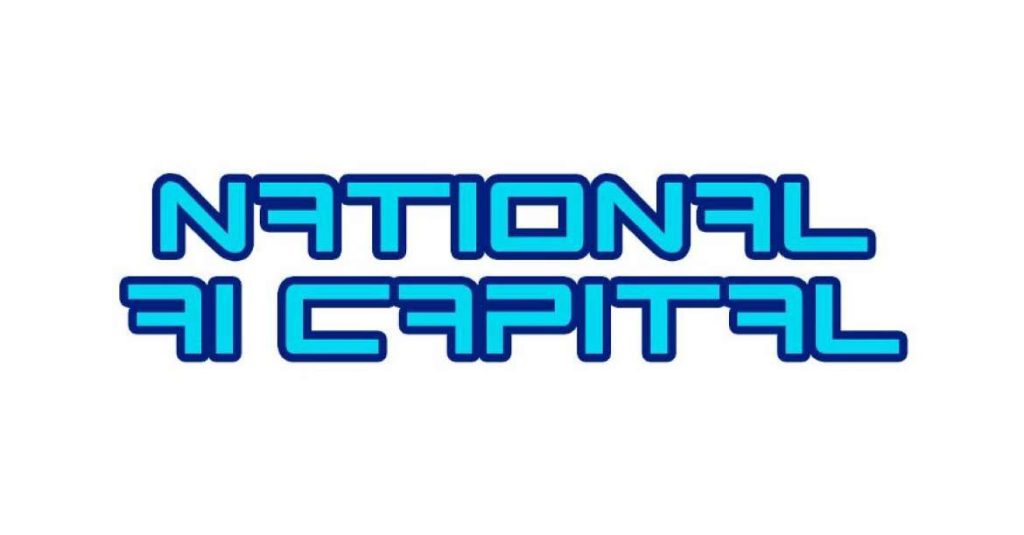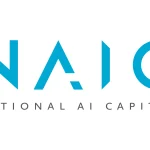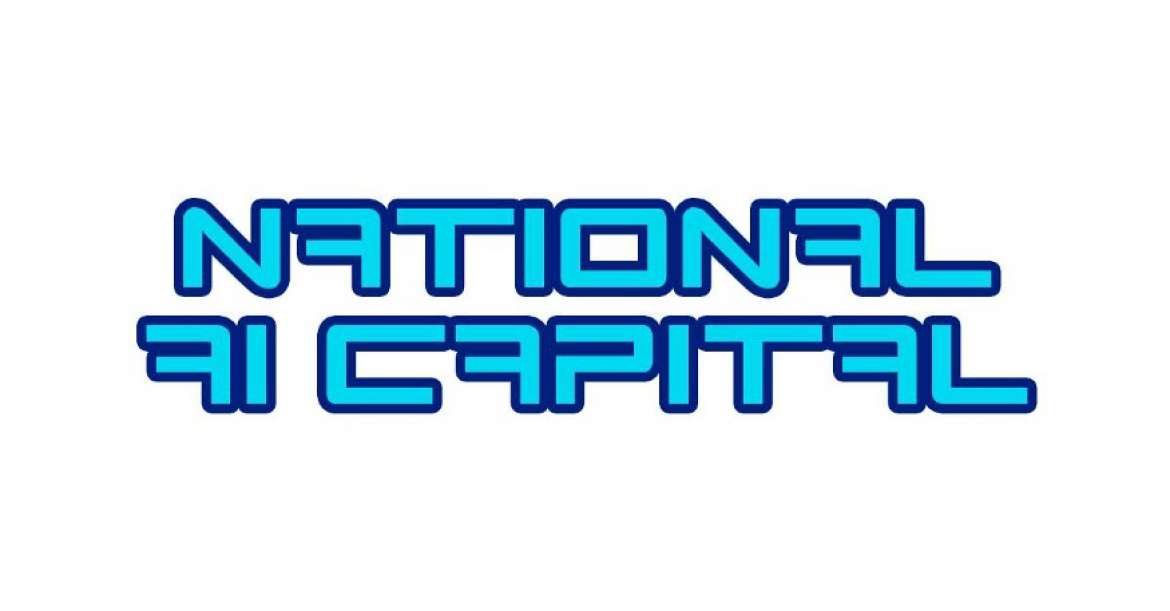
September 22, 2020 – Are we destined to become trained monkeys at best, if our countries don’t react on time respond to the upcoming AI tide? The initial Global Survey about the concept of National AI Capital — proved that majority of AI experts believe it is very important to measure, and that it should be monitored, as visible in the first part of NAIC IS Global SurveyNAIC IS Global Survey. It is clear that countries that are already differentiating based on their human capital, and technology adoption, could have drastically bigger differences in the future. But, how far is that future? And who can influence it in a positive way?
When to expect it, and who is involved?
In this second part of NAIC IGS, we will try to give some answers, and to discuss their consequences.
One of the questions in the survey, that got responses from 56 countries, was: Will countries differ in their AI capital (and more importantly when)? Only 5% of responders thought there will be no differences between countries, in opposition to 87% of those who thought that significant differences will be present. And, even more, important is the time frame in which that will happen. Exactly half (50%) of AI experts expected that those differences will happen in the mid-term period — let’s estimate it in 5 to 10 years. Even more interesting data is that more than one third — 37% of them, except that it will happen in a SHORT period of time — usually estimated as less than 5 years. That is very valuable insight to all those policymakers who are adapting to the changes, usually in very slow motion.
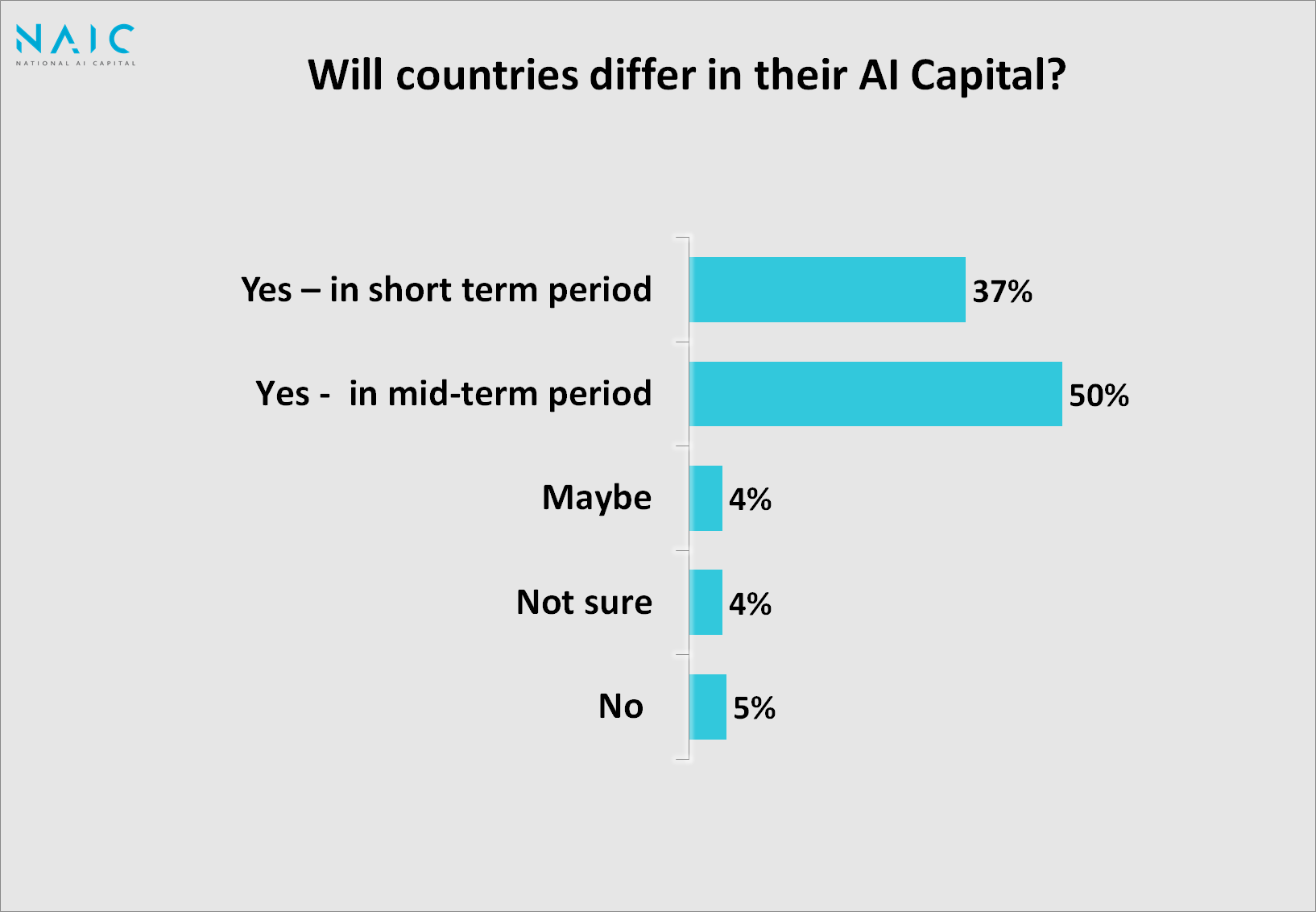
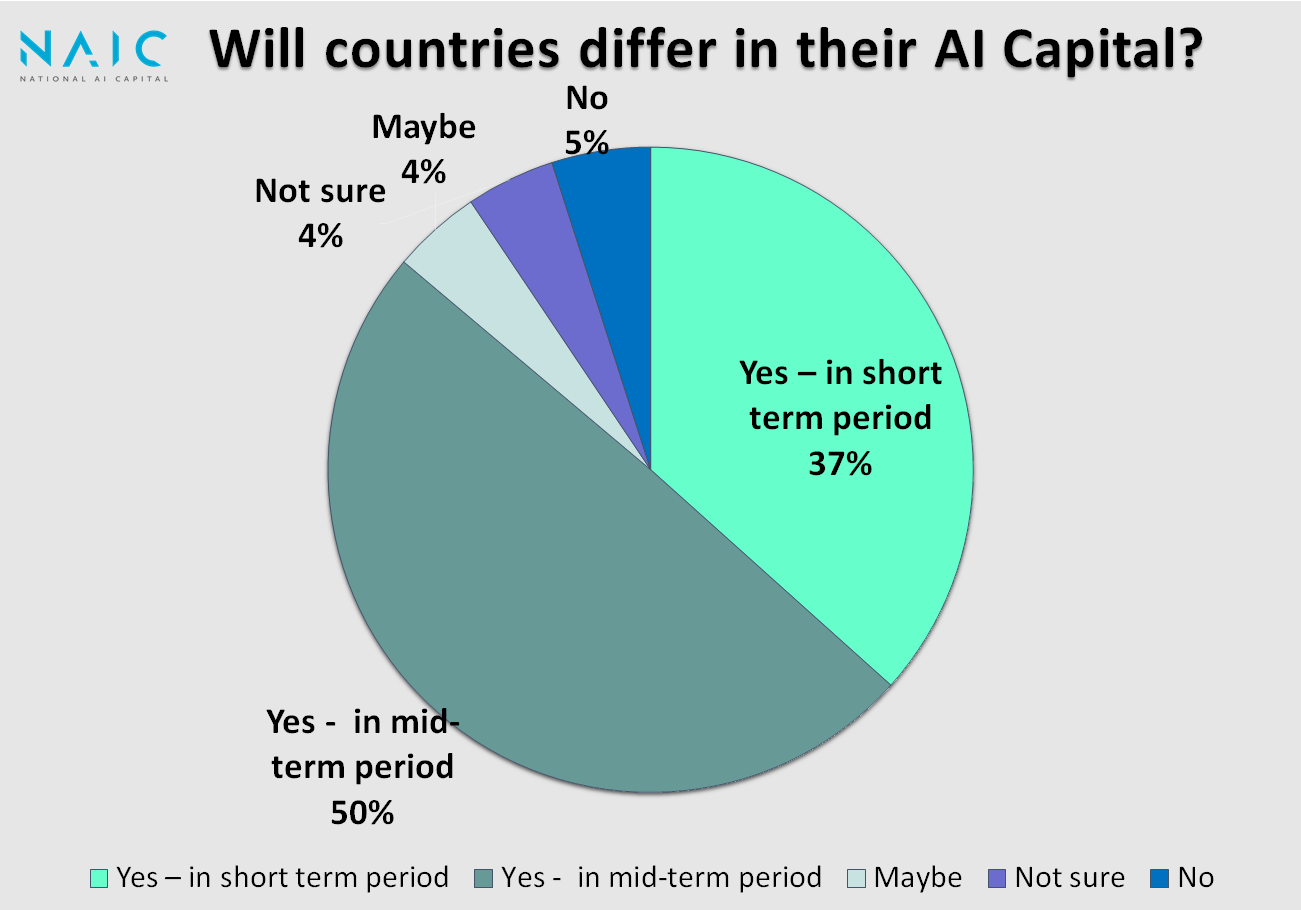
Some countries are already warned that they should react on time to remain competitive — as Microsoft warns UK. What is happening to other countries that don’t have any expectations?
The speed of change could be going faster than we experienced so far, thus making it harder to predict. So the second connected question is, who is creating, or even better who will be responsible for the creation of AI capital (products, processes, patents, knowledge, etc.) in the future. And we got very interesting predictions/answers to that question.
The biggest number of responders — 77%, predicts that the largest contribution will come from those who are leading advancements in the AI field today — private companies and corporations. Maybe a bit surprisingly, the general notion all around the world, is that a significant contribution will come from a growing number of AI start-ups — 73%. Another significant contributor could be Universities and Academic institutions — that are chosen by 59% of responders. And as the least probable contributor — responders choose — Government institutions, with only 31%.
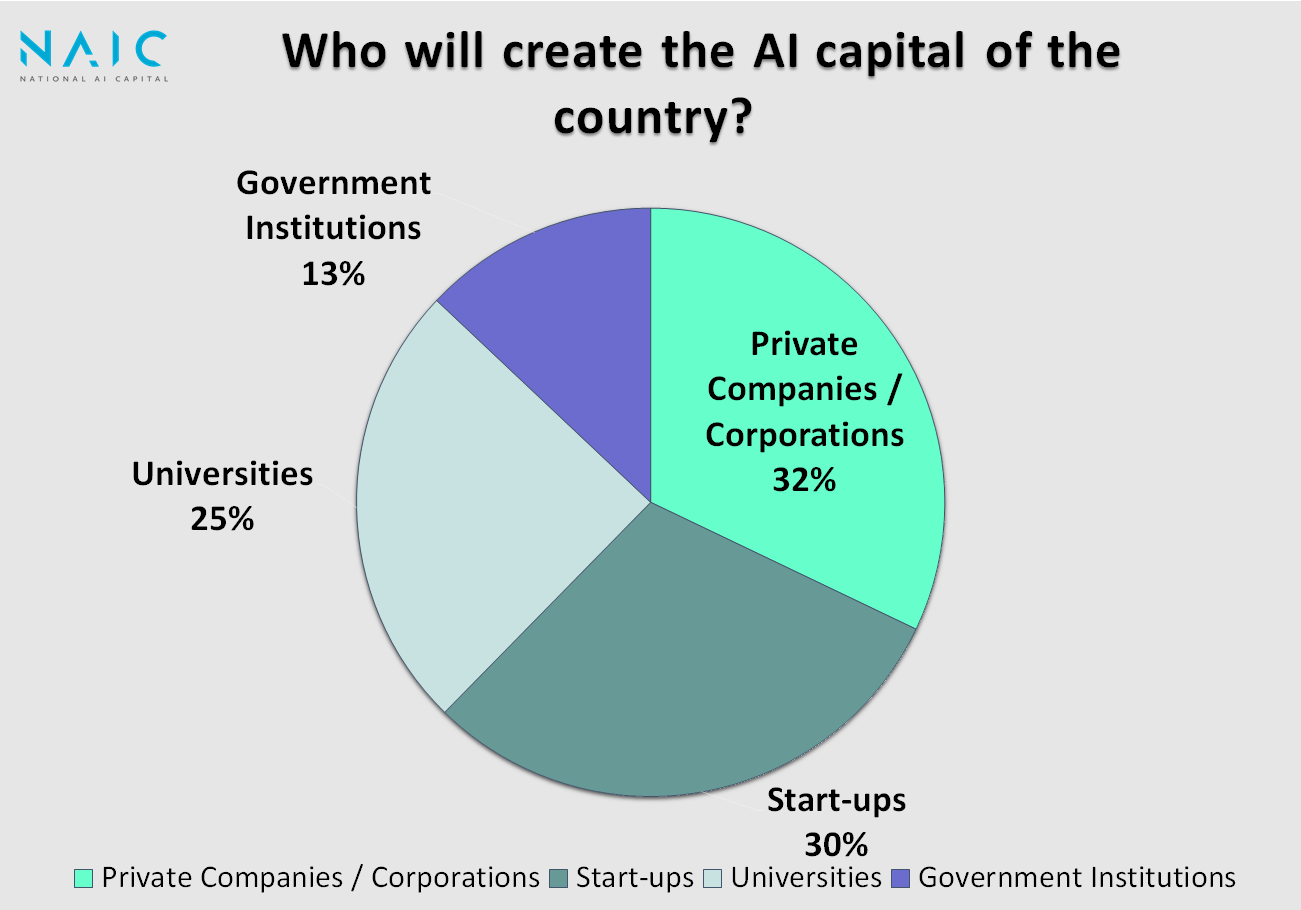
In the time when it seems AI is shaped by nine companies (from two countries), we should pause for a second and consider all the consequences of that. As a part of the answer, new AI start-ups are emerging and boosted by their speed and agility, and focus, they could disrupt the area. Unless of course, they are not bought by those giants, when the time comes. Universities are a constant and reliable player in the field of any advancement and innovation, but it seems they are also lagging, behind, and changing their leading role to support function in many cases. And, for me, the biggest problem, and for many reasons, unused potential – are government-connected institutions, capable of doing large scale projects. Current experience is that they are 4th player and not too reliable when it comes to the creation and implementation of AI. Knowing historically that most of the major breakthroughs, were achieved as a part of state-funded strategical projects, this definitely raises many concerns. AI will also become the area where power is shifting from the public to the private sector, with all the good and the bad consequences.
In conclusion, the questions mentioned here, open many subtopics. What will be the relationship between Universities, Corporations, and Government? How it will change and influence different aspects of ethics? Is confidence and hope in the power of start-ups (un)realistic, taking under consideration that currently a huge proportion of already risky start-ups, in the AI field, is not succeeding and delivering their promises? What should be the priority of our focus, taking into account that we probably have less time than most of the world would estimate?
In the third part of NAIC IGS, we will discuss data gathered on the areas of AI that are getting investments currently, and where should investments go in the future.
A new institution that has joined the NAIC Project is Visio – Scientific and Technological Institute.
Confirmation of the definition of National AI Capital and its importance was first the phase of the project. In this part, we established a probable timeline of AI development and the sources of its creation. In the second phase, we will work on segments of methodology and refining the concept.
COOPERATION: For the second phase we will enlarge the number of
academic institutions,
AI/tech associations,
companies that are willing to sponsor/participate and contribute
media who will become partners will get new data and articles first
If you are interested in collaboration, in any of those segments – contact me on aco.momcilovic@mba-croatia.com
Donations
If you want to support further this project and share your enthusiasm, be free to donate symbolic amounts of Ethereum (ETH) to this address: 0x29e574B5A65e1d7De2B177b53996A26A6729514F

